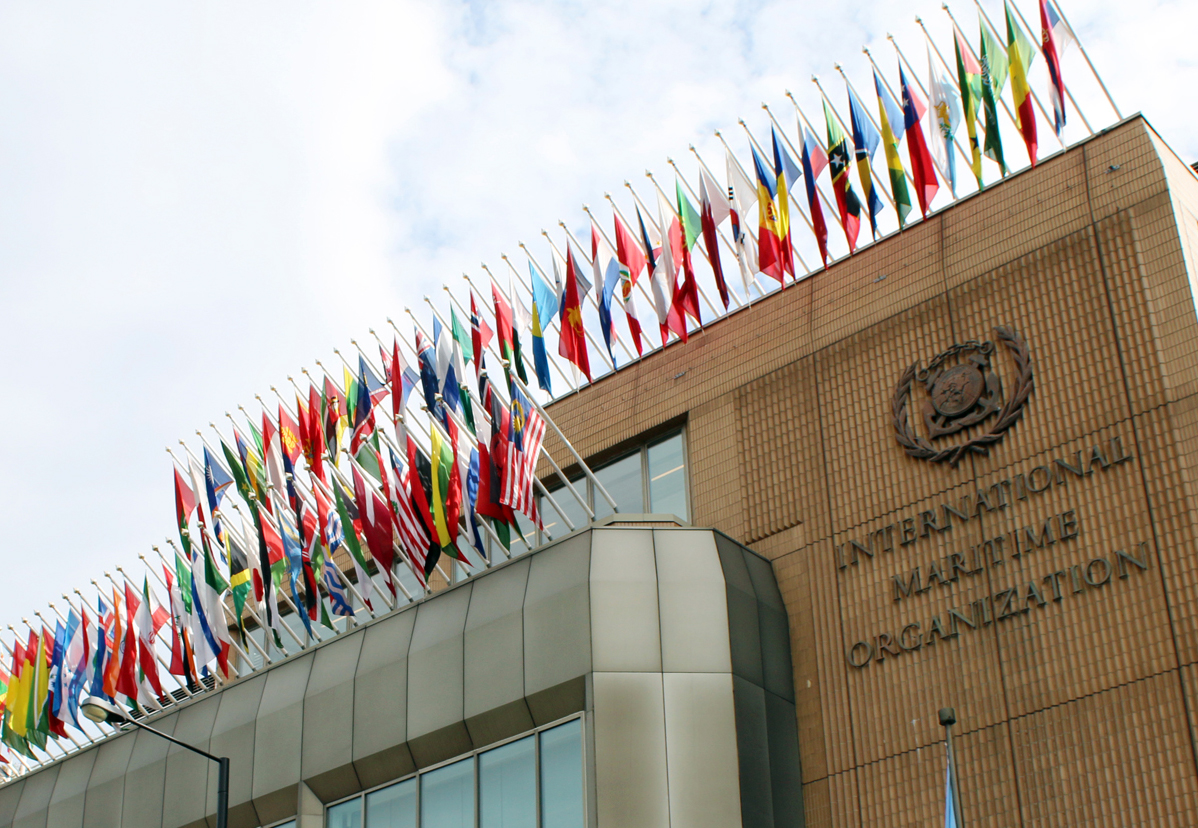
Commitment to decarbonise shipping is welcome – governments can no longer shirk decisions on how to cut ship GHG emissions
Statement from Clean Shipping Coalition: Today’s commitment by governments to require international shipping to decarbonise and at least halve its greenhouse gas emissions by 2050 is a welcome and potentially game changing development, the Clean Shipping Coalition (CSC) has said. But the lack of any clear plan of action to deliver the emissions reductions, including urgently needed short-term measures, is a major concern, according to the group of NGOs[1] with observer status at the UN’s International Maritime Organisation (IMO).
John Maggs, president of the CSC and senior policy advisor at Seas At Risk, said: “We have an important agreement, and this level of ambition will ultimately require a sector-wide shift to new fuels and propulsion technologies, but what happens next is crucial. The IMO must move swiftly to introduce measures that will cut emissions deeply and quickly in the short term. Without these the goals of the Paris agreement will remain out of reach.”
Bill Hemmings, shipping director at Transport & Environment, said: “The IMO should and could have gone a lot further but for the dogmatic opposition of some countries led by Brazil, Panama, Saudi Arabia. Scant attention was paid to US opposition. So this decision puts shipping on a promising track. It has now officially bought into the concept of decarbonisation and the need to deliver in-sector emission reductions, which is central to fulfilling the Paris agreement.”
Note to editors:
[1] The CSC’s members are AirClim, Bellona, Carbon Market Watch, Clean Air Task Force, Stichting de Noordzee, Environmental Investigation Agency, Nabu, Oceana, Ocean Conservancy, Seas At Risk, and Transport & Environment.